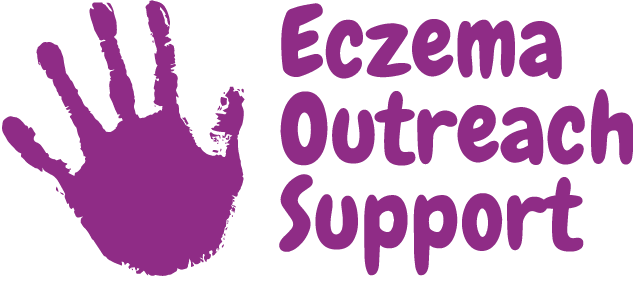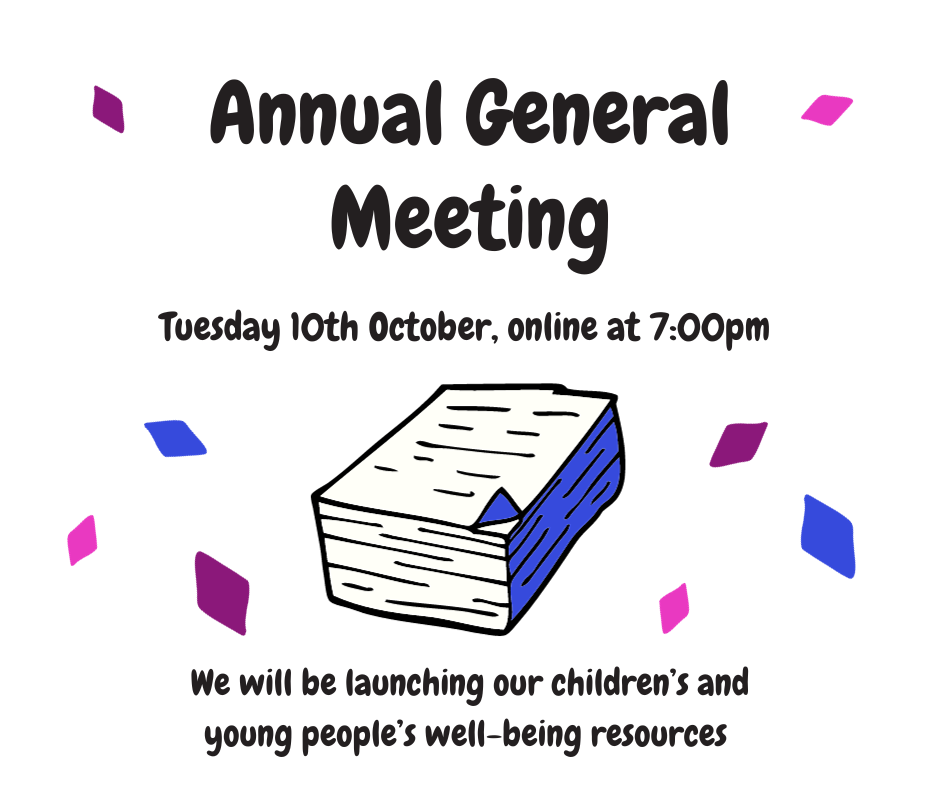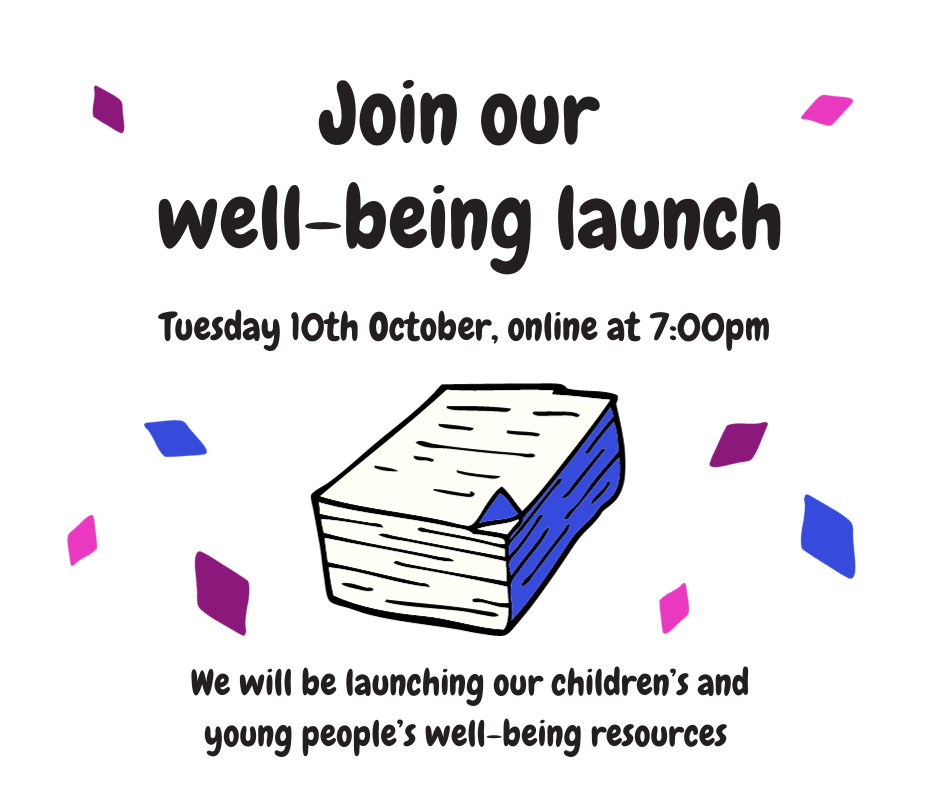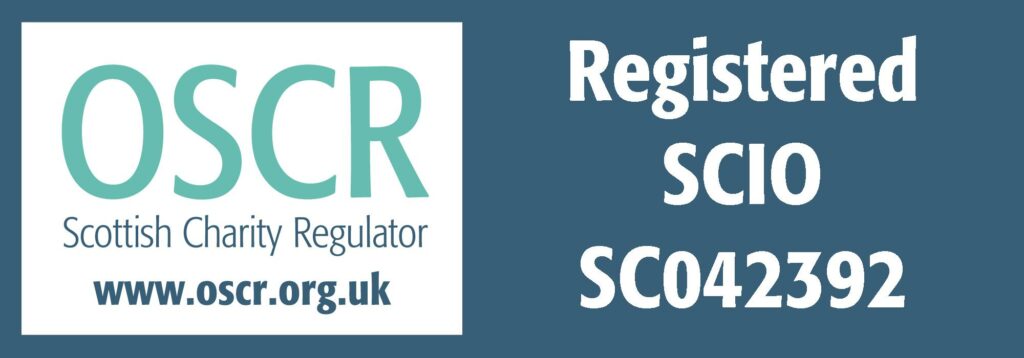On the 14 September, EOS were delighted to welcome Sandra Lawton OBE, Nurse Consultant Dermatology to our World Eczema Day webinar: Starting from scratch. Sandra used her wealth of knowledge and experience to talk about various eczema treatments and to offer practical tips and hints to families with a child who has eczema. Attendees also gained an insight into how Sandra supports patients coming to her clinic and what they could expect when attending an appointment.
Missed the event? Then catch up here.
Had a question that didn’t get answered at the event? Sandra has answered the top five questions from the webinar and they are posted below. Sandra also filmed a follow up video with Cheryll, focusing on the questions that were left unanswered from the webinar.
The top five questions from the webinar that Sandra didn’t get to answer are:
1. My child feels itchy all the time and scratches constantly, what causes the itchiness and how can I help my child?
If your child is itchy and scratches all the time, I would suggest you actively treat the eczema to gain control and then try to identify any triggers which may be making the eczema flare such as getting too hot, applying emollients too thickly, different times of year and many more . Simple and distractions: hand holding, drawing activities, and playing games – all without saying “stop scratching may help. For some children habit reversal may be helpful, you can learn more here.
2. I am struggling to get my son to have a bath, he says it stings when the water touches his skin, any advice on how to make bath time easier for us both?
Bath time can be a challenge for children and their family if the eczema has flared. You don’t say how old your son is, it’s important not to have the water too hot, use warm rather than hot water. The hotter the water, the more damaging it is to the skin because very hot water takes away all the precious skin oils and also makes the skin more irritable and likely to itch. Equally, the water should be warm enough for your son to be comfortable. Before getting into the bath you can apply the emollient, which can then be washed off as you would do with a soap product, and reapplied after bathing. If you have a shower he may prefer that, its finding what suits your son and his eczema.
3. We are using steroids daily to keep the eczema under control but I’m really worried about the long term effects of steroid use, should I be concerned? Can long term steroid use affect a child’s development (growth etc)?
If used properly, no. Serious side effects from steroid creams are extremely rare. Untreated eczema, on the other hand damages the skin and can make your child’s life very miserable. Further information here.
4. Sleeping is a big problem for us and the whole family are affected, my child is disturbed by their eczema most nights and wakes up scratching throughout the night, most nights we have to lay beside them to stop them from scratching – what can we do to make night time more comfortable?
Sleep disturbance is one of the commonest problems in children with atopic eczema. Not only does your child become tired and irritable due to lack of sleep but carers also become sleep deprived and exhausted. It is a miserable experience for your child to wake up with an itchy skin and parents often feel frustrated and helpless when they do not know how to help their child. Please see the tips here.
5. I have been advised not to use steroids on broken skin but im wondering how the skin will heal if no treatment is applied, can I use steroids or protopic on broken skin?
I can understand your confusion as reading the information leaflets that come with the treatment they often say don’t apply to broken skin, eczema is broken skin. You are correct in saying the skin will not heal if you don’t use the treatments. So do apply the treatments to the eczema areas, if not treated the eczema may get worse or possibly infected if poorly controlled.
Sandra answered additional questions in a catch up video with Cheryll here.
Useful links







